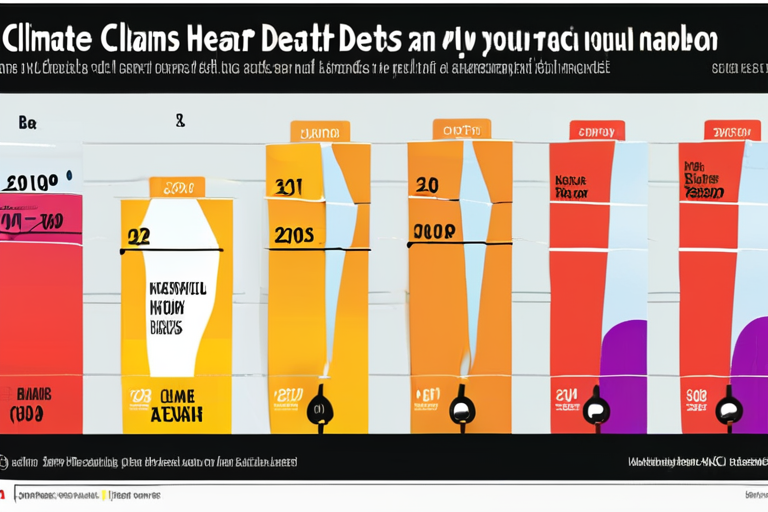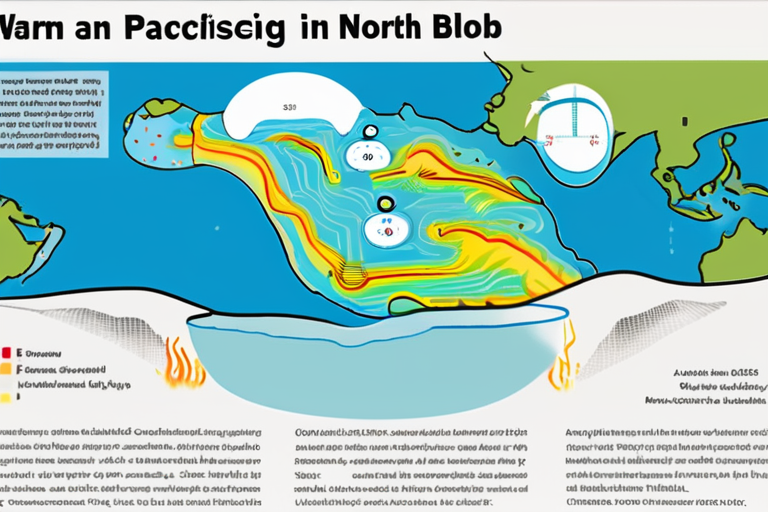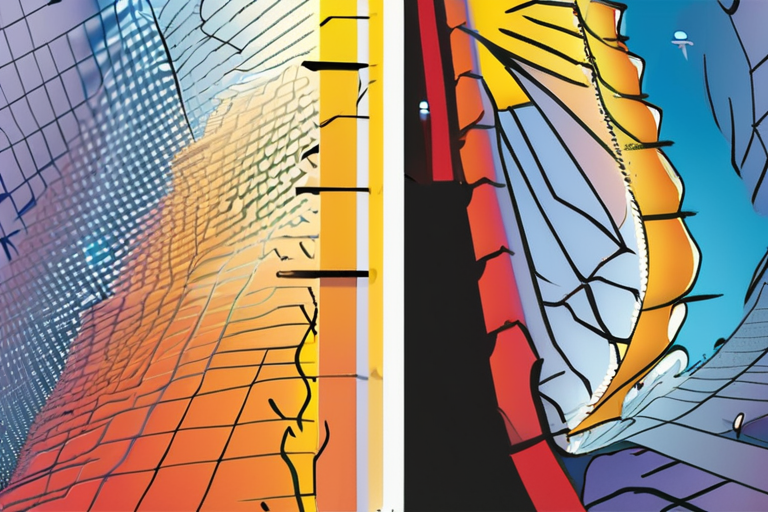Breaking News: Extreme Temperature Research and Wind Turbine Conspiracy Debunked
Researchers have made a groundbreaking discovery in understanding how the human body reacts to extreme temperatures, a crucial finding in the face of climate change. According to a recent study published in the MIT Technology Review magazine, approximately 47,000 heat-related deaths occurred in Europe in 2023, with climate change potentially adding an extra 2.3 million European heat deaths this century. This alarming statistic has sparked a renewed focus on thermoregulation, the science of keeping warm or cool.
The study, led by researchers around the world, has revised the rules on when extreme temperatures veer from uncomfortable to deadly. Their findings suggest that the limits of hot and cold are not as well-defined as previously thought, and that our bodies react in complex ways to temperature fluctuations. This new understanding has significant implications for how we approach heat-related illnesses and develop strategies for survival in a warming world.
The immediate impact of this research is being felt in various industries, including healthcare and technology. Medical professionals are now better equipped to identify and treat heat-related illnesses, while engineers are working to develop more effective cooling systems for buildings and vehicles. In addition, researchers are exploring new materials and technologies that can help regulate body temperature in extreme conditions.
In a related development, a conspiracy theory linking wind turbines to whale deaths has been debunked. Despite claims that wind turbines were responsible for the deaths of several whales, an investigation by marine biologists found no evidence to support this claim. The real cause of the whale deaths was determined to be a combination of natural factors, including entanglement in fishing nets and ship strikes.
As the world continues to grapple with the challenges of climate change, researchers are working tirelessly to develop new technologies and strategies for survival. The study on thermoregulation is a significant step forward in this effort, and its findings will have far-reaching implications for our understanding of the human body and its response to extreme temperatures.



























Share & Engage Share
Share this article